SUMMARY
This is AI generated summarization, which may have errors. For context, always refer to the full article.

CEBU, Philippines – Human rights lawyers in Cebu are calling on legislators to pass a law that would define cults and protect women and children victims.
Lawyer Magdalena Lepiten, president of the Cebu for Human Rights (C4HR), explained in a position paper sent to Senator Ronald “Bato” de la Rosa that a law is needed to address gaps, define prohibited acts, impose penalties, and provide programs and services for the survivors.
“We need to do this now, or we’ll be left with nothing but just watching it (abuses) unfold,” Lepiten said in Cebuano during a consultation on Tuesday, November 28.
Between November 2022 and April 2023, the C4HR assisted groups in Socorro town, Surigao del Norte, which took care of more than eight children who fled from the controversial Socorro Bayanihan Services Incorporated (SBSI) in Sitio Kapihan, Barangay Sering.
The children alleged that they were forced into marriage and having sexual relations, and military training.
As of November 7, the group’s head, Jey Rence “Señor Aguila” Quilario, and other leaders of SBSI were under arrest for alleged violation of Republic Act No. 9208 or the Anti-Trafficking in Persons Act of 2003, and human rights abuses.
Defining a cult
Lawyer Fionah Bojos of C4HR said cults must be clearly defined by law, and care is needed to avoid trampling on religious freedoms and ensure that only those who violate laws are punished.
“[Organizations] that don’t violate people’s rights have nothing to fear. They can continue with their beliefs… without the fear of being targeted,” Bojos said.
The lawyers proposed that any group, led by a figurehead, should be considered a cult, regardless of registration or accreditation, if its practices involve veneration, idolatry, or belief in certain figures, objects, or means, with the purpose or effect of committing illegal acts.
One of the proposed clauses states that only a court can declare an organization as a cult through a petition for its declaration. Based on the proposal, the court would have six months from the filing of the petition to decide on the declaration.
“The Supreme Court shall enact Rules of Procedure for the Petition for Declaration of Cult,” one of the clauses read.
The proposed law also provides that once an organization has been declared a cult, government agencies must act to “end the cult” and assist in the rehabilitation of survivors and former members.
Based on the proposal, local governments would be allowed to declare a State of Emergency due to the presence of the cult and allocate a budget to finance anti-cult measures, subject to certain parameters set under Republic Act No. 10121 on the Disaster Risk Reduction and Management Fund.
“The presence of a cult in the LGU may be a basis to declare it a disaster as defined under Section 3(h) of R.A. No. 10121,” read part of the proposal.
It can be recalled that Socorro Mayor Riza Rafonselle Taruc-Timcang called for the deployment of more security forces due to what she called a “real threat and imminent danger of violence” escalating in the town because of agitated SBSI members.
“We also provided for criminal liability for the leaders, organizers, and people who benefited from the cult. This is meant to discourage them from committing such crimes,” Bojos said.
Protecting children
Lepiten said protection orders are necessary to ensure that children who have escaped from cults would not be taken back by its members.
She cited the case of a minor who escaped from the SBSI in November 2022. According to Lepiten, after the NBI filed a criminal case against the cult, the parents of the child, aided by SBSI, filed a writ of habeas corpus for her return.
“Police escorted her back to the cult on July 1,” Lepiten said.
The petitioner, based on the proposal, may also seek a temporary and permanent protection order. They said courts should be able to issue temporary protection orders within five days from the filing of the case if there is reasonable ground to believe that harm may be inflicted on the petitioner, cult members, and citizens in general.
The protection orders issued would be enforceable anywhere in the country and a violation against the order shall be punishable with a fine of P50,000 to P100,000 and/or imprisonment of six months to a year.
The lawyers also proposed that the Department of Social Welfare and Development (DSWD) and local social welfare offices be empowered to take protective custody of children who are victims of a cult for a period of 30 days and file a Petition for the Declaration of a Cult or a petition for involuntary commitment on behalf of a specific child victim.
A petition for involuntary commitment is filed by an agency like the DSWD to gain custody of children who are believed to have been neglected of their rights and/or abused.
“DSWD is mandated to process, evaluate, and place the child in a situation where it can continue to develop and study. The Court may require monthly and quarterly reports on the processing of case studies of each child victim,” read another part of the proposal. – Rappler.com
Add a comment
How does this make you feel?
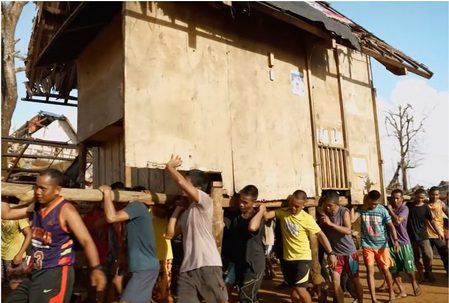






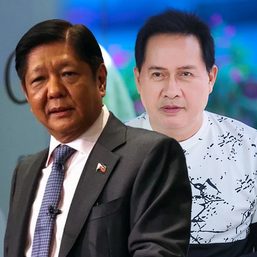
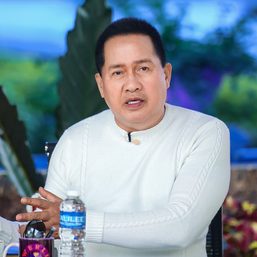
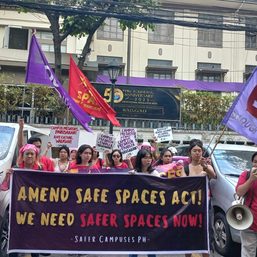
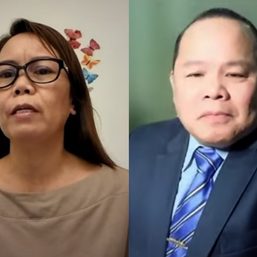
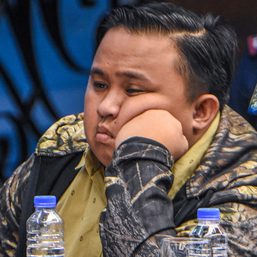
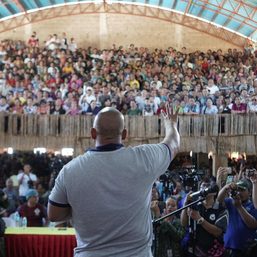


![[OPINYON] Diborsiyo sa mata ng isang anak](https://www.rappler.com/tachyon/2024/06/new-school-divorce-children-june-13-2024.jpg?resize=257%2C257&crop=294px%2C0px%2C720px%2C720px)


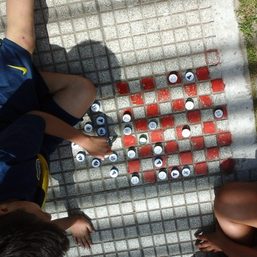

![[The Wide Shot] Peace be with China](https://www.rappler.com/tachyon/2024/07/wideshot-wps-catholic-church.jpg?resize=257%2C257&crop=311px%2C0px%2C720px%2C720px)
![[OPINION] A critique of the CBCP pastoral statement on divorce](https://www.rappler.com/tachyon/2024/07/TL-cbcp-divorce-statement-july-19-2024.jpg?resize=257%2C257&crop=285px%2C0px%2C722px%2C720px)
![[REFLECTION] Mary, Mother of the West Philippine Sea](https://www.rappler.com/tachyon/2024/07/may-mother-west-ph-sea-july-19-2024.jpg?resize=257%2C257&crop=293px%2C0px%2C751px%2C750px)
![[OPINION] Ignorance and prejudice](https://www.rappler.com/tachyon/2024/07/tl-ignorance-and-prejujdice.jpg?resize=257%2C257&crop_strategy=attention)
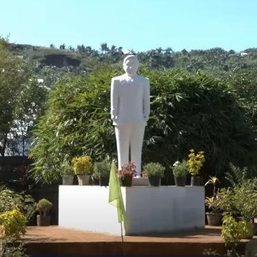



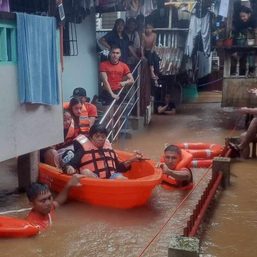
There are no comments yet. Add your comment to start the conversation.